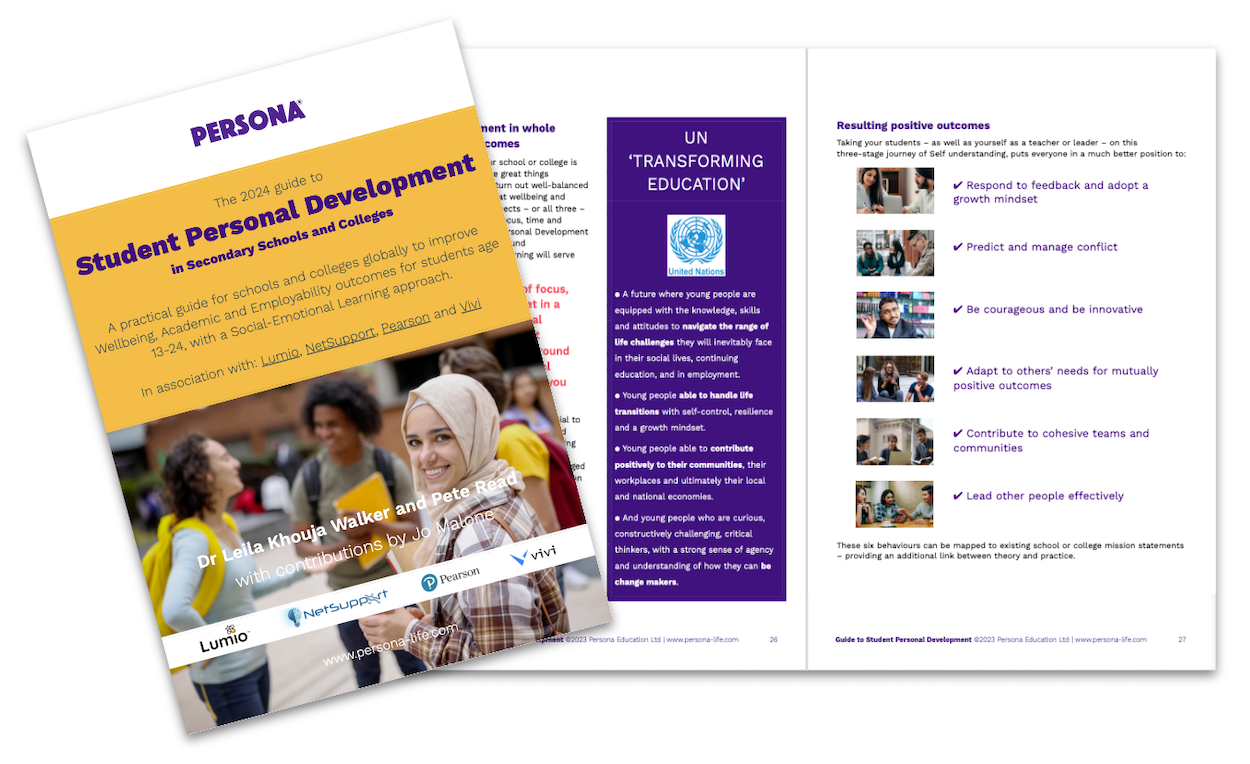School communities – Relationships and the classroom
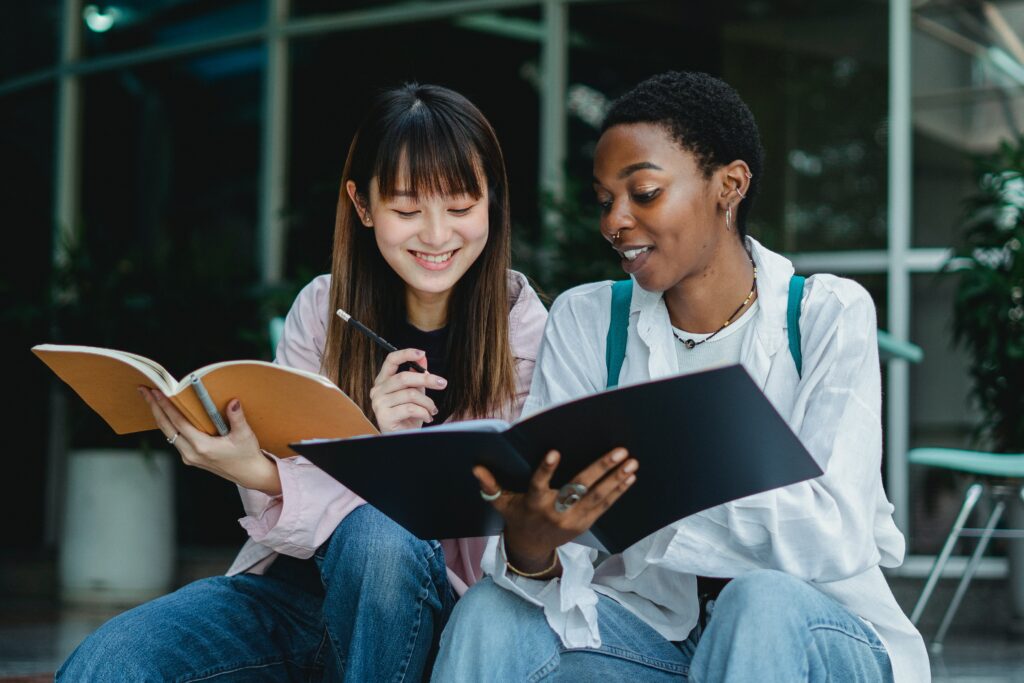
Education is relational. Students need to feel emotionally as well as physically safe to flourish, and the best schools are supportive, resilient communities.
6-Mar-21
By Jo Malone, Director of Education
We are all in it together
Communities matter now more than ever. I don’t need to spell this out for you in March 2021. I am writing this from the north of England, but no matter where you are in the world, you know that a sense of belonging, having communal support and a sense of we are all in it together really matters.
As report after report on our wellbeing and mental health is published, there is one stand out conclusion: our relationships with one another, our interconnectedness, is what is going to see us safely through this pandemic.
Young people's social and emotional wellbeing
This wellbeing, being couched in a compassionate community, is especially important for our young people. Prior to Covid-19, there was already plenty of evidence indicating that young people in the UK were suffering when it came to their social and emotional wellbeing. So much so that in 2015 Public Health England set up a taskforce to promote young people’s emotional health.
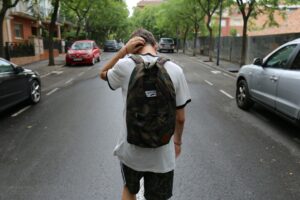
Despite the best efforts of many organisations the data still make for depressing reading. There is a continued decrease in average happiness with life among 10-15 year olds; our 15 year olds in the UK are among the saddest and least satisfied with their lives in Europe1. Wellbeing declines as children get older and girls suffer from lower wellbeing than boys2. And the UK ranks 27th out of 38 of the world’s richest countries for child wellbeing outcomes, according to Unicef3.
Schools – incredible communities
Schools, school culture, school community, school climate – whatever you want to call it, is a big part of the answer to this problem. Schools can be the most incredible communities. I have been privileged to work with many schools, as a teacher here in the UK and as an international education adviser for ten years. Whether the school is in Ramallah, Chicago, Lviv, Ballycastle or Birmingham, the most successful schools work hard at, and invest in, their communities.
The leadership and staff at these schools understand that trust, respect, modelling behaviours and giving agency all have an impact on the wellbeing of the entire learning community as well as raising aspirations and attainment – a conclusion shared by our own government4.
Understanding relationships
And if we dig down another layer we come to relationships. Schools are all about interactions. Just think about it! Teacher to student – student to teacher – student to student – teacher to teacher – leadership to teacher – leadership to student – non-faculty staff to student – governor and trustee to leadership… you get my drift.
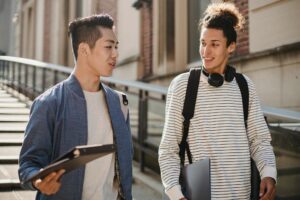
Now just imagine a school community where a little bit of time and effort is invested in understanding each other’s personalities and communication styles. Where students and teachers have the opportunity to understand their own behaviour and decision-making more deeply; where everyone understands why they react in a certain way when under stress; and where individuals are equipped with a mental toolkit enabling them to adapt to one another’s needs for the sake of harmony, efficiency and outcomes.
Well, there is a fabulous secondary school called Ansford Academy, tucked away in Somerset in the UK doing just that. They are rolling out the Persona Life Skills e-learning programme across whole year groups. They have invested time in staff personality styles discovery and training, and taken the bold step of reviewing their curriculum to see whether it is skewed towards different personality styles (note personality styles are not the same as the largely debunked learning styles theory!). Their visionary Principal, Shonogh Pilgrim explains, “Persona is central to our commitment to knowing our students as individuals and making sure they have the best experience of school and learning”.
Persona Life Skills
Adapted from robust large scale behavioural science research5 by educational pedagogical and curriculum experts, and designed with input from students, teachers and school leaders, Persona Life Skills takes young people on an exciting learning journey of understanding themselves and others, and using that knowledge to improve social and emotional life skills.
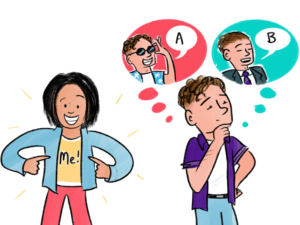
They are given a thinking framework to analyse personality styles, and guidance on how to play to their own strengths and address areas for growth. They are taught the importance of adapting to meet the needs of others for mutually beneficial outcomes.
The Persona curriculum focuses on developing six key skillsets – being realistic, communication, open-mindedness, problem solving, resilience self-control – through a broad curriculum that constantly relates back to and draws upon Persona’s personality insights framework. All of this is housed in the cloud, and accessed through an attractive e-learning website. Perfect for teaching with devices in the classroom, as a flipped classroom activity or remotely online. We wrote recently about these different modes of delivery,
Creating school communities to prioritise wellbeing
And so we come back to March 2021. For the foreseeable future, we are looking at a changed teaching and learning model, one in which online learning is so much more important than it was a year ago.
But whether our relationships are in person, online or a combination of both, we now need to work harder at creating and maintaining strong, resilient and cooperative school communities, to prioritise the wellbeing of our students.
Persona Education offers free access to its Persona Life Skills e-learning platform for secondary schools and colleges interested in developing their pupils’ social & emotional life skills, to boost wellbeing and employability.
About the author: Jo Malone is a global education expert, with over two decades experience in teaching, e-learning, dialogic education and teacher training. A social and emotional learning (SEL) and PSHE thought-leader, she is Director of Education at the Bristol based edtech company Persona Education Ltd, providing onboarding, guidance and support for schools and colleges using the Persona Life Skills personality insights life skills e-learning app. www.persona-life.com
1 The Good Childhood Report, The Children’s Society, 2020
2 State of the Nation 2019: Children & Young People’s Wellbeing, UK Department for Education, 2019
3 Worlds of Influence, Unicef, 2020
4 The Link Between Pupil Health & Wellbeing & Attainment, Public Health England and National Association of Head Teachers, 2014
5 David Merrill and Roger Reid, Social Styles, 1981

